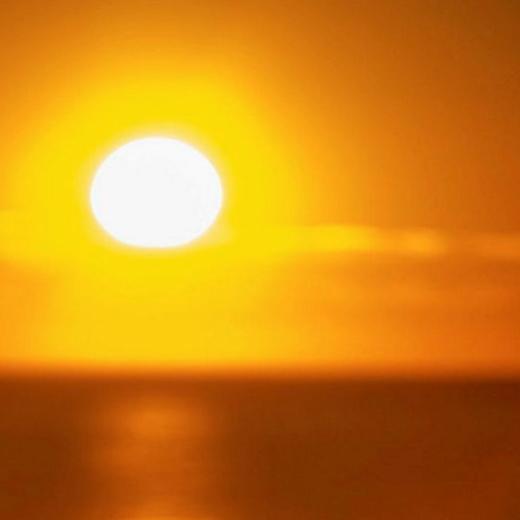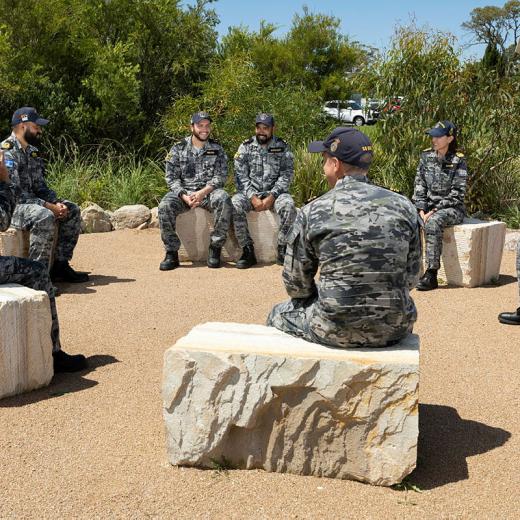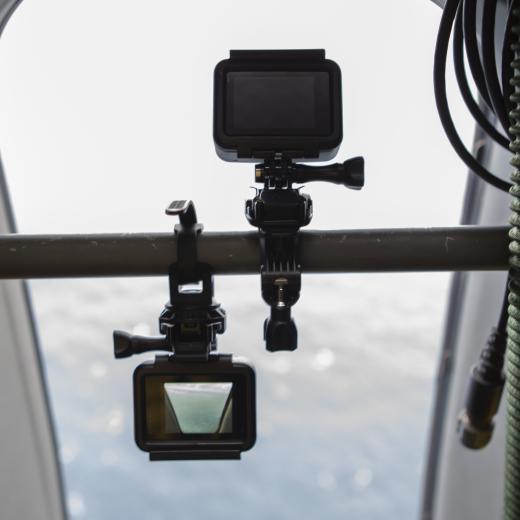BLUF
Since the start of Russia's invasion of Ukraine, internet videos have been showing scenes allegedly from the war; and while some videos are genuine, many are not.Summary
This article by Joseph M. Pierre, writing for Psychology Today, makes the following points:
- Watching a war unfold online exposes us to two significant risks—misinformation and trauma.
- When we monitor such events on social media, unfiltered, we risk exposing ourselves to propaganda and ‘fake news’ designed to manipulate our emotions.
- This footage can leave us traumatized by witnessing the real-life horrors of war.
- We can, and should, safeguard ourselves against misinformation by cross-checking what we see against reliable sources.
- It’s important to adopt the ‘holy trinity of truth detection’ that is based on three pillars:
- Intellectual humility.
- Cognitive flexibility.
- Analytical thinking.
References
Recent Runway Posts related to this topic:
- RUSSIAN-UKRAINE CONFLICT—RAAF RUNWAY COLLECTION
- RAAF RUNWAY: RATIONALE, GUIDELINES, LEARNING OUTCOMES, ETC.
References from the Web:
- MAR 2022 Misinformation Is Playing A Significant Role In Russia-Ukraine War—Forbes
- MAR 2022 Russia Is Having Less Success at Spreading Social Media Disinformation—Scientific American
- MAR 2022 The young Ukrainians battling pro-Russian trolls—BBC





